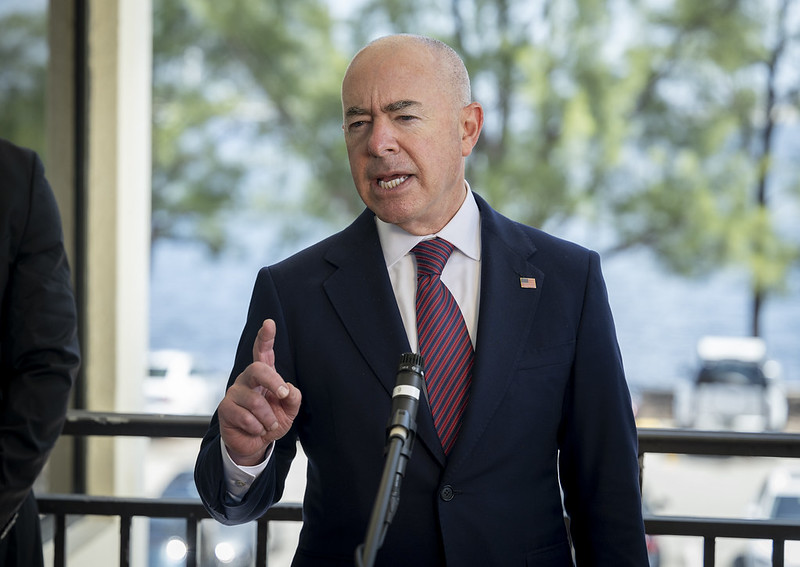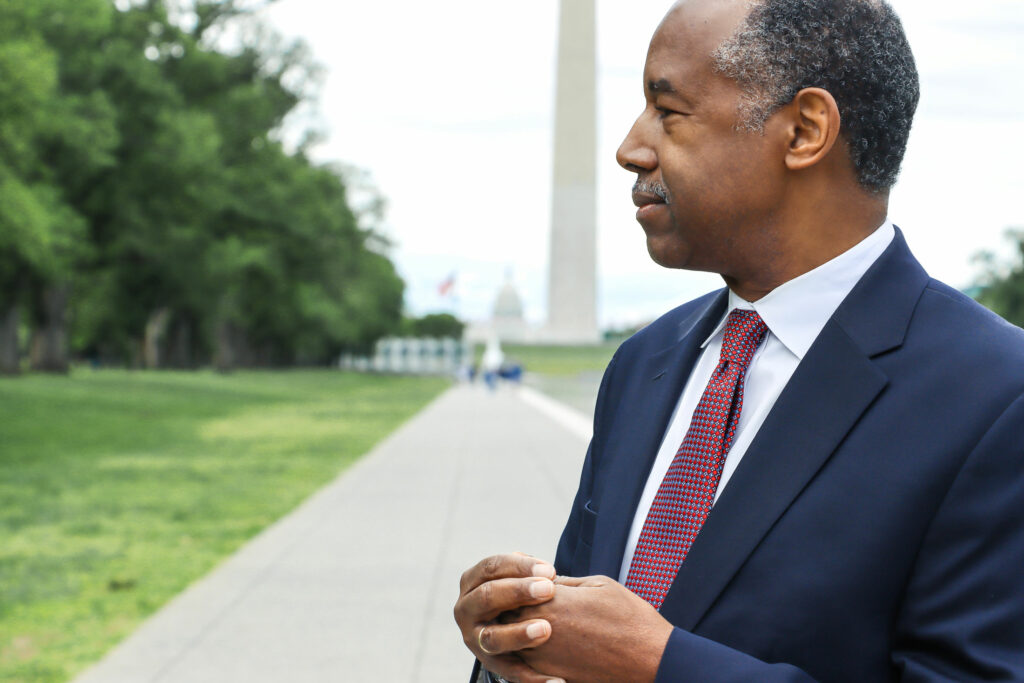 The U.S. Constitution lays out our system of checks and balances among the branches of the federal government as a way to ensure no branch would become too powerful. The ultimate check on the executive branch is the impeachment clause in Article II, Section 4:
The U.S. Constitution lays out our system of checks and balances among the branches of the federal government as a way to ensure no branch would become too powerful. The ultimate check on the executive branch is the impeachment clause in Article II, Section 4:The President, Vice President and all Civil Officers of the United States, shall be removed from Office on Impeachment for, and Conviction of, Treason, Bribery, or other high Crimes and Misdemeanors.This impeachment clause was hotly debated at the Constitutional Convention by many of our most prominent founders, including James Madison, Benjamin Franklin, and Alexander Hamilton. The Virginia Plan proponents wanted the removal of officers upon impeachment and conviction by the federal judiciary, while the New Jersey Plan provided for removal by the majority of state governors. Alexander Hamilton proposed a third option based on the British legal system, where officials could be removed after the lower house charged the official and was tried by the upper house. Alexander Hamilton’s proposal would eventually be the basis for the language adopted in Article II. Article I, which governs Congress, lays out the roles of the House of Representatives and the Senate in impeachment and impeachment trials.
Much of the controversy around the impeachment clause is about which offenses constitute grounds for impeachment. The first two offenses, treason, and bribery are very specifically defined. It is the undefined offenses of “high crimes and misdemeanors” which continues to be debated to this day.
We can glean an understanding of what was intended by the phrase from the records of the Constitutional Convention. Originally, “maladministration” was suggested by George Mason, who argued that treason and bribery were not sufficient to address any number of offenses that would “subvert the Constitution.” James Madison objected, however, contending that the term was too vague and subject to interpretation based on the political whims of the day. The executive, in that case, would become subservient to Congress. Mason instead suggested “other high crimes and misdemeanors against the State,” which was adopted by a vote of 8-3. The substitution of the vague “maladministration” for an equally vague phrase, “other high crimes and misdemeanors,” perhaps suggests a parsing between incompetence and intentional malfeasance. When the Committee of Style dropped the words “against the State,” little insight was given into the decision for these word choices.
The subsequent ratification debates by the states also provided no precise definition. Hamilton’s discussion of impeachment in Federalist 65 provides some insight into the meaning of the phrase, “The subject of its jurisdiction are those violations of some public trust. They are of a nature which may with peculiar propriety be denominated POLITICAL, as they relate chiefly to injuries done immediately to society itself.” Hamilton’s argument that the impeachment power belonged to Congress and not the judiciary denotes that the conduct is not necessarily illegal but rather, associated with a lower standard of violations of public trust.
The first federal official to be impeached was a federal judge, John Pickering, who was appointed by President George Washington. After years of poor health, Pickering became known for his “ravings” and “crazed incoherences.” After efforts to get him to resign failed, President Thomas Jefferson suggested impeachment. He was accused of being on the bench “in a state of total intoxication” and issuing rulings “in violation of the laws of the United States.” Pickering was impeached by the House of Representatives on March 2, 1803, and convicted by the Senate on March 12, 1804. While Pickering may have been unfit to serve as a federal judge, he had not committed any crime.
The first president to be impeached was Andrew Johnson, the 17th president. Johnson, a Southern Democrat, had been a U.S. Senator from Tennessee and the only senator from a seceding state that remained loyal to the Union. Johnson was tapped to be Abraham Lincoln’s running mate for the 1864 election, and he would be sworn in as president on April 15, 1865, after President Lincoln was assassinated.
Congressional Republicans were dissatisfied with Johnson’s Reconstruction policies. Johnson supported rapid reunification for the former Confederate states with policies such as general amnesty for ex-Confederates and lenient terms for seceded states’ readmittance to the Union. He butted heads with the Secretary of War, Edwin Stanton, a Lincoln appointee who was allied with the Republicans in Congress. Congress passed the Tenure of Office Act in March 1867, which prohibited the removal of officials confirmed by the Senate without first obtaining senatorial approval. The law deliberately made this a “high misdemeanor.”
President Johnson believed the law unconstitutional and sought to remove Stanton from office in violation of the Tenure of Office Act, for which the House initiated formal impeachment proceedings against the president. Although the real disagreement was over Reconstruction policies, nine of the eleven articles of impeachment related to violations of the Tenure of Office Act. On February 24, 1868, Johnson was impeached by the House. His Senate trial ended on May 16, 1868, with the Senate failing to achieve the two-thirds majority needed to convict.
In all, 20 federal officials have been brought up on impeachment charges by the House of Representatives. Eight people have been convicted after a Senate trial. All convictions were of federal judges.
The recent impeachment proceedings of President Biden’s Secretary of Homeland Security, Alejandro Mayorkas, again illustrates the ambiguity around the definition of “high crimes and misdemeanors.” As our founders expressed, impeachment is the appropriate remedy for removing officials for breach of public trust and injuries done to society. And while the standard for impeachment is high, it is not limited to illegal acts alone. The question of impeachment is an inherently political one, and regardless of what occurs in Congress, voters will have the ability to make their opinions known in November.
